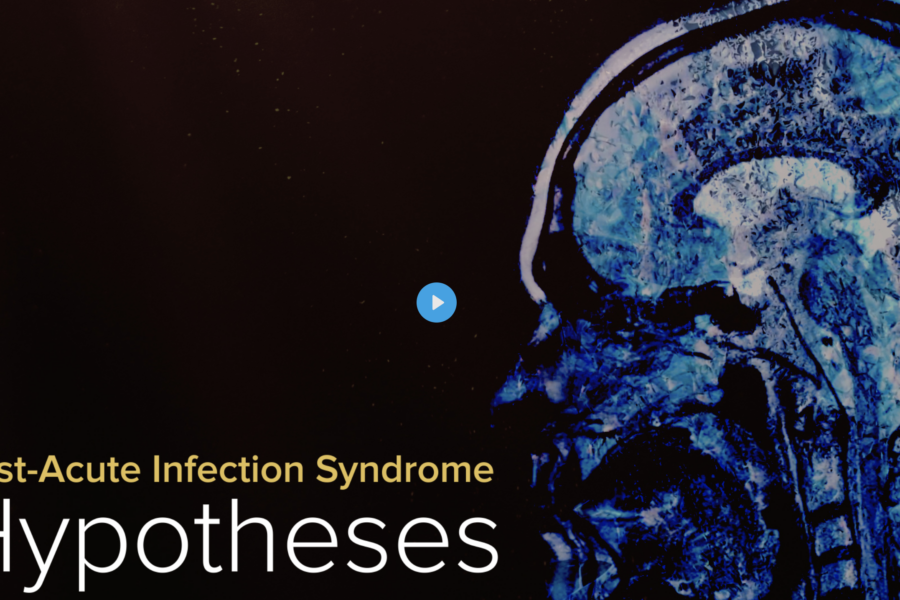Yale Medicine Researchers are exploring how various pathogens cause chronic symptoms.
As researchers learn more about Long COVID and what causes coronavirus symptoms to persist, attention is shifting to other post-acute infection syndromes, including what some are calling “long cold.”
It’s long been known that various viruses can cause symptoms—sometimes mild, sometimes debilitating—to persist for weeks to years after an infection. Historically, however, people’s complaints were poorly understood and not taken seriously. But Long COVID—due to the large number of people it has affected within a relatively short period of time—is helping to change that.
A recent study published in The Lancet’s EClinicalMedicine surveyed more than 10,000 people who had COVID, another respiratory infection, or no infection/sickness at all. The participants were asked if they experienced 16 symptoms found in Long COVID, including fatigue, shortness of breath, dizziness, memory problems, coughing, and sleeping issues.
Those who had been infected with COVID or other respiratory infections were more likely to have new or continuing symptoms more than four weeks after the acute infection than those who had not been infected with COVID or another respiratory virus.
Researchers and clinicians at Yale School of Medicine and Yale Medicine have been working to treat people affected by Long COVID and other post-acute infection syndromes. The Yale New Haven Long COVID Multidisciplinary Care Center evaluates people experiencing Long COVID symptoms and works closely with an array of specialists, including cardiologists, neurologists, pulmonologists, and rheumatologists, to find the best treatments for them.
Yale’s Center for Infection & Immunity aims to provide a better understanding of infectious diseases with a focus on post-acute infection syndromes, such as Long COVID, post-treatment Lyme disease, and myalgic encephalomyelitis/chronic fatigue syndrome (ME/CFS).
“Ultimately, the hope is to find a way to prevent post-acute infection syndromes or cure them when they occur, says Akiko Iwasaki, PhD, a Yale immunobiologist and director of the Center for Infection & Immunity. “But to get there, we need to understand the underlying biological mechanisms that cause these diseases. Without that, it’s very difficult to design a cure.”
Below, we talked more with Iwasaki about what we know—and don’t know—about Long COVID and other post-acute infection syndromes.
